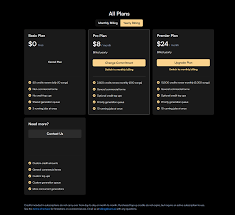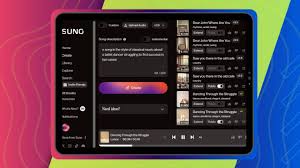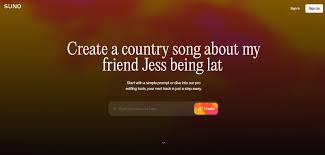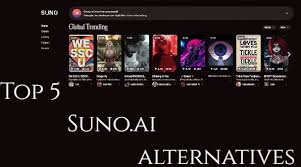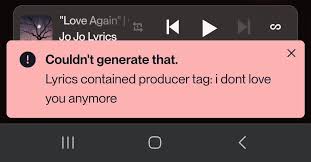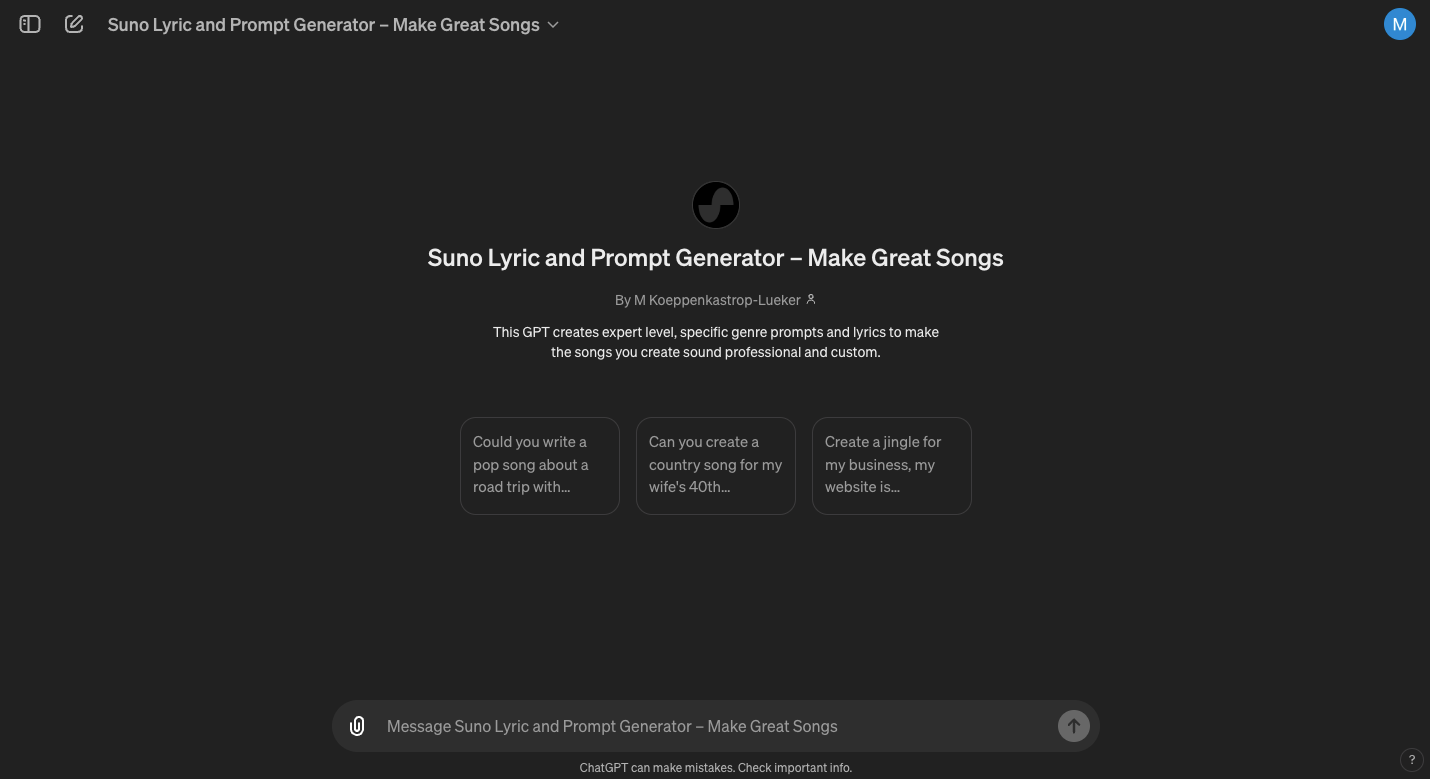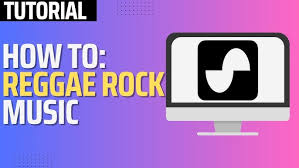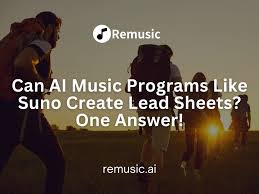The AI Song Competition 2025 is the latest edition of an international contest where musicians and technologists come together to create original songs using artificial intelligence as a creative collaborator. Unlike traditional songwriting contests, this competition focuses on how AI can be meaningfully integrated into the songwriting process—from lyrics and melody to arrangement and even vocals.
Started in 2020 as a grassroots effort by the creative AI community, the AI Song Competition has grown into a globally recognized event, drawing teams from around the world including university researchers, indie musicians, AI startups, and even major media labs like Sony CSL and Google Magenta.
The 2025 competition promises to be the biggest and most competitive yet, with more diverse submissions, increased funding, new rules around human-AI collaboration, and deeper industry involvement. If you’ve ever wondered how AI is shaping the future of music, this competition is where to look.

How Does the AI Song Competition Work?
At its core, the AI Song Competition is about collaboration between humans and machines. Participants must compose an original song where artificial intelligence plays a significant role in the creative process.
Here’s how it typically works:
Entry and Registration
Open to both solo artists and teams.
Must use AI in some meaningful way—this includes tools like Suno, AIVA, Riffusion, MuseNet, DadaGP, Magenta Studio, and others.
Registration usually opens in January or February.
Submission Requirements
Each team must submit:
A fully produced audio file (usually between 2–4 minutes)
A "contribution statement" explaining how AI was used (e.g., lyric generation with GPT-4, melody creation with MuseNet, harmony generation with AIVA)
Lyrics and production notes
Visual or promotional materials (e.g., album artwork, lyric video)
Judging Criteria
Songs are judged on three primary factors:
Musical quality: Melody, harmony, rhythm, and production value
Creativity in AI usage: Innovative or artistic use of AI tools
Transparency: Clear documentation of how AI contributed to the final result
Some years also include public voting for a separate audience favorite award.
What’s New in the 2025 Edition?
The 2025 AI Song Competition introduces several major changes and innovations that reflect the evolving landscape of AI-generated music.
1. Expanded AI Tool Support
This year’s competition officially recognizes tools like:
Suno AI for full-song generation with vocals
Udio AI for genre-blending and high-fidelity output
Google’s Lyria model for experimental composition
Adobe’s Project Music GenAI Control for time-based and dynamic editing
Teams are encouraged to experiment with multi-model workflows (e.g., using ChatGPT for lyrics + Suno for vocals + Audacity for mixing).
2. Greater Emphasis on Ethics and Attribution
The 2025 rules now require teams to:
Declare all training datasets used by their models (if self-trained)
Ensure AI-generated vocals are not deepfakes of existing artists
Use models with public documentation and clear licensing
This step ensures fairness and discourages unethical model use.
3. Real-Time Live Performance Track
A new category has been added for live performance with AI in real time. Teams can now submit videos showing AI-assisted improvisation using tools like:
Riffusion Live
Magenta Jam Mode
Ableton Live with AI plugins
Who Are the Participants?
The competition attracts a wide range of participants, including:
University teams (e.g., Stanford, MIT, TU Delft)
AI startups (like Voicemod, Harmonai, and Soundful)
Bedroom producers and indie artists
Corporate labs (Sony CSL, Google Brain, Adobe Research)
In 2024, over 50 teams from 30 countries submitted entries. In 2025, that number is expected to exceed 75 teams.
Where Can You Listen to the Submissions?
All submitted tracks are publicly available on:
The official AI Song Contest website (www.aisongcontest.com)
YouTube (under AI Song Contest 2025 playlist)
SoundCloud and Bandcamp (under Creative Commons licensing)
Each entry comes with a short write-up explaining how AI was used—perfect for fans and researchers alike.
Past Winners and Their AI Methods
Let’s take a quick look at past standout entries to see what kind of innovation wins:
2020 – “Beautiful the World” (Uncanny Valley, Australia)
Used OpenAI Jukebox for harmony
Lyrics co-written with GPT-2
Focused on themes of climate change and unity
2022 – “Listen to Your Body Choir” (DADABOTS + OpenAI team)
Built a custom neural network trained on Gregorian chants
AI generated melody and rhythm, human vocals layered on top
2024 – “Quantum Love” (TU Delft)
Used Suno + custom rhythm model
Dynamic tempo matching and vocal morphing with AI filters
These songs were not only catchy—they showcased how AI can stretch creative boundaries in unexpected directions.
Why the AI Song Competition 2025 Matters
This isn’t just a novelty contest. The AI Song Competition is a critical testing ground for:
Future music workflows: Many entries predict how studios will make music in the next 5–10 years.
Ethical boundaries: What’s okay for AI to create? What should be off-limits?
Tool benchmarking: The contest shows which AI tools are viable for real-world production.
It also helps build community between musicians and machine learning researchers—two groups that often speak different creative languages.
Can Anyone Join the AI Song Competition?
Yes! While many participants have technical backgrounds, the competition is open to all levels of creators.
You don’t need to be a coder. If you can write lyrics and describe your ideas clearly, AI tools like Suno, AIVA, and Beatoven.ai can help you produce full songs without needing to touch a DAW.
You’ll just need to:
Understand the rules
Be transparent in your process
Make sure you credit AI sources correctly
Timeline for the 2025 Competition
Here’s the typical calendar for AI Song Contest 2025:
| Phase | Timeline |
|---|---|
| Team Registration | January 15 – February 28, 2025 |
| Submission Deadline | May 1, 2025 |
| Jury Review | May – June 2025 |
| Public Voting Opens | June 15, 2025 |
| Winners Announced | July 2025 |
The competition is free to enter, and prizes are often symbolic (certificates, public spotlight, media coverage), though sponsorships are increasing each year.
Conclusion: The Future of AI Music Starts Here
The AI Song Competition 2025 is more than a creative showcase—it’s a live experiment in what happens when humans and machines make music together. Whether you’re a fan of tech, art, or both, this event is worth following closely.
It’s also one of the few places where you can hear the future of music today—raw, evolving, and powered by some of the most creative minds (and machines) on the planet.
FAQs
Q1: What is the AI Song Competition 2025?
It’s a global contest where artists use artificial intelligence to co-write and produce original songs. The goal is to explore creative uses of AI in music.
Q2: Can beginners enter the competition?
Absolutely. Many tools are beginner-friendly and don’t require coding. You just need a good idea and clear documentation.
Q3: What AI tools are commonly used in the competition?
Suno, AIVA, MuseNet, Adobe GenAI, Riffusion, and Google Lyria are some of the most popular.
Q4: Are the songs released publicly?
Yes. All submissions are made public through the official website and streaming platforms under non-commercial licenses.
Q5: How are winners chosen?
Through a combination of jury votes (expert judges) and public voting. Songs are judged on creativity, musicality, and transparency of AI use.
Learn more about AI MUSIC

